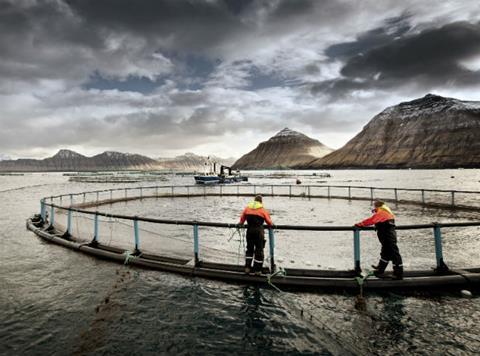
The government is to set up a Food and Drink Sector Council as part of a new industrial strategy that promises to put the sector at the heart of its post-Brexit growth plans.
Prime minister Theresa May and business, energy and industry strategy (BEIS) minister Greg Clark today pledged to build a far closer partnership with the “world renowned” sector. Clark said it was ideally placed to lead a “technical revolution” as the UK prepares to leave the EU.
He said one of the first priorities would be to secure a new industry deal with the sector, which would lead to new government investment, incentives and simplification of regulation.
As well as the council, other measures include a “farm to fork” agriculture policy based on more efficient farming and a promise that the government will co-operate with the industry to reduce food waste.
‘The opportunities - and challenges - for food and drink raised by exiting the EU are significant,’ says the strategy document. ‘To address this, we are committing to establishing a new partnership between government and the whole food chain, working with industry leaders from agriculture, food and drink manufacturing, retail, hospitality and logistics. This new Food and Drink Sector Council will lead the work to secure the UK’s position as a global leader in sustainable, affordable, safe and high-quality food and drink,’
It describes the sector as thriving and names products including Scotch whisky, cheese, confectionery and seafood as being among those it is determined to support.
The document strongly emphasises the role of new technology in the industry, saying the replacement of the Common Agricultural Policy would be based on incentives for investment in sustainable agriculture and policies that support ‘clean growth’.
‘The sector is at the cutting edge of innovation and world-class science from new technologies that raise agricultural productivity and resilience while reducing environmental impact, to innovation that prolongs shelf life, helping to reduce food waste.’
The government also promises it will work to make sure ‘regulation is as simple as possible for businesses’. It promises to improve the fairness of the business rates system and provide a further £2.3bn of support to businesses over the next five years.
Industry leaders welcomed the plans, which come days after the latest FDF figures showed food and drink exports to non-EU countries continue to grow faster than those to European partners.
“This is great news. We have been calling for a Food and Drink Sector Council for some time and this is recognition from government of the central importance of the food and drink supply chain to the economy,” said FDF director general Ian Wright.
“UK food and drink is a major national asset and the envy of the world. The creation of the council acknowledges the importance of the sector to both national security and economic growth, and will allow us to unlock our very significant productivity potential and secure our position as a global leader in safe, sustainable, and high-quality food and drink. We will continue to work closely with both Defra and BEIS to ensure we secure a transformative sector deal for food and drink manufacturing.”







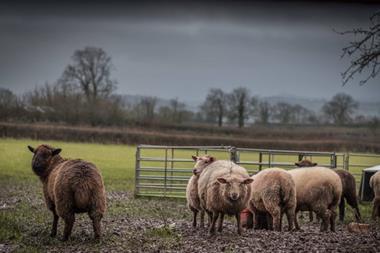
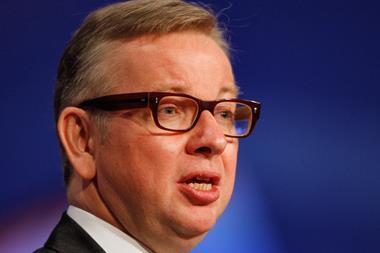
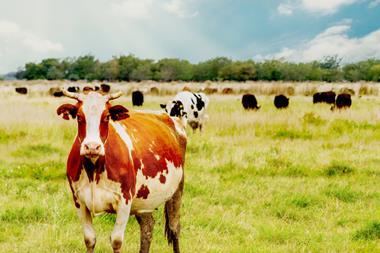
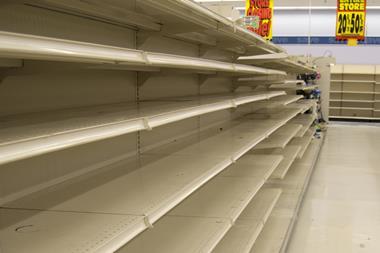
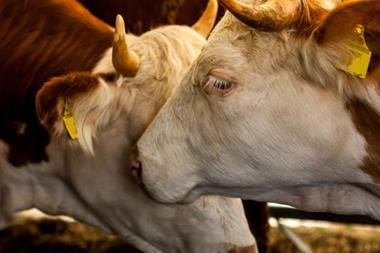
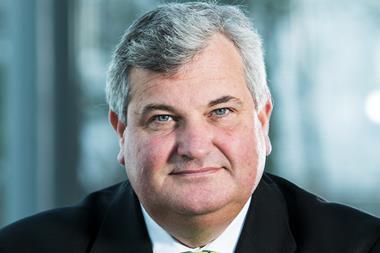






No comments yet